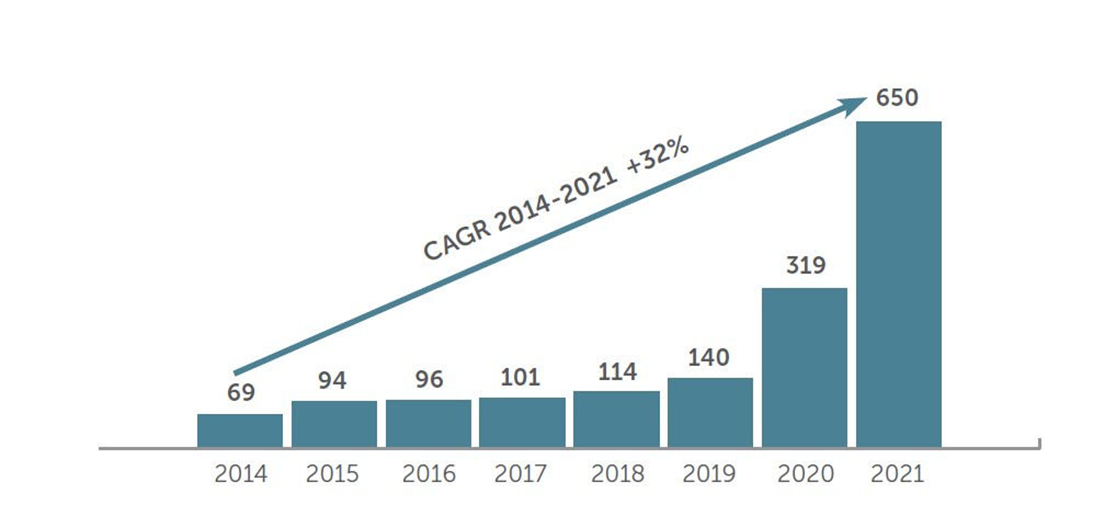Reevaluating Venture Debt: Impact on African Progress and Business Development
Venture debt, as a financing option, has faced mixed perceptions, with its suitability varying based on the company's stage and financial needs. David Spreng, founder and CEO of Runway Growth Capital, sheds light on the potential benefits and misconceptions surrounding venture debt. As African businesses continue to evolve, understanding the pros and cons of venture debt can influence their growth strategies.
Positive Impact on African Progress and Business Development
Equity Preservation: Venture debt allows growth-stage companies with predictable cash flow to access funds without diluting equity. For African startups aiming to retain ownership and control over their ventures, this becomes an attractive option, enabling them to finance expansion without giving up equity to investors.
Access to Capital: Venture debt offers an alternative funding source for growth-stage companies with intangible assets like predictable future revenue and intellectual property. African startups lacking tangible assets as collateral can still secure financing, stimulating innovation and business development in the region.
Supporting Growth Initiatives: Late-stage venture debt, in particular, provides companies on the brink of profitability with the necessary injection of funds to fuel their growth and achieve profitability. This financial boost can enable African startups to expand operations, develop new products, and enter new markets, fostering overall economic progress.
Potential Challenges and Negative Impacts
High Interest Rates: The main drawback of venture debt lies in the often high interest rates associated with such loans. For African startups with limited financial resources, high interest rates could burden them with significant debt servicing costs, impacting their ability to allocate funds to other critical business areas.
Risk of Overleveraging: Taking on significant debt without sufficient cash flow to service it can lead to overleveraging, putting African startups at risk of financial distress. Careful evaluation of repayment capabilities is crucial to avoid excessive debt burdens.
Limited Applicability to Early-Stage Companies: While venture debt may suit growth-stage companies, it may not be suitable for early-stage African startups with minimal tangible or intangible assets. For these companies, exploring other funding options, such as angel investment or seed funding, may be more appropriate.
Analysis and Conclusion
Venture debt can serve as a valuable financing tool for growth-stage African companies, offering access to capital without diluting equity and supporting expansion initiatives. However, careful consideration of interest rates and repayment capabilities is essential to avoid financial strain. Early-stage companies with limited assets may find venture debt less applicable, and exploring other funding avenues may be more beneficial. Overall, a well-informed approach to venture debt can contribute to African progress and business development by supporting sustainable growth and innovation in the region's startup ecosystem.
